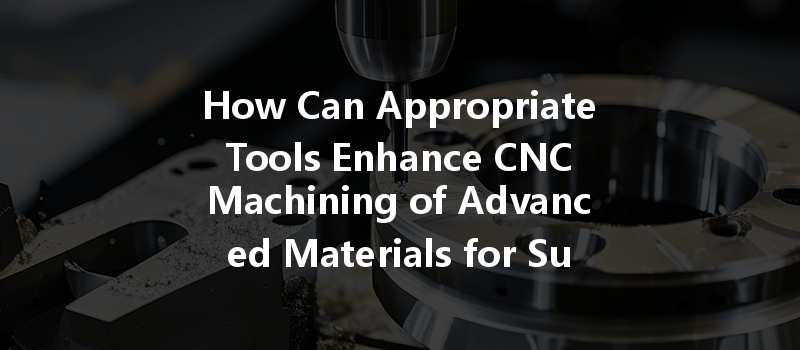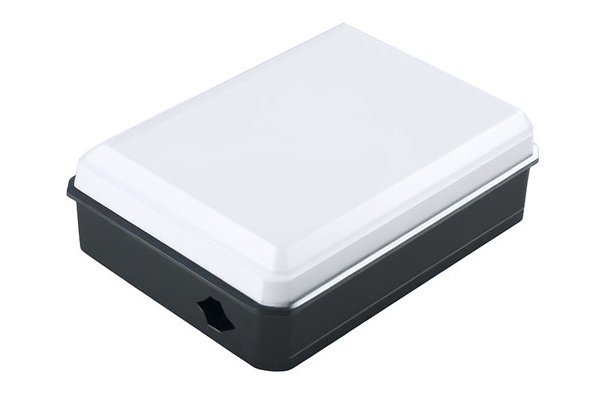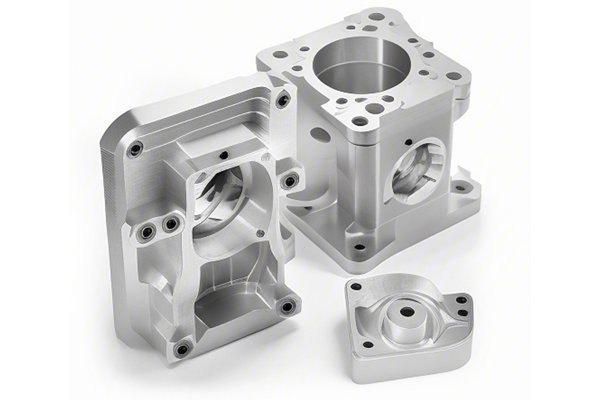Opening:
Did you know that the global CNC machining market is projected to reach $80 billion by 2024? This staggering figure highlights the increasing reliance on CNC (Computer Numerical Control) machining in manufacturing, especially for advanced materials. Every manufacturer aims for precision, efficiency, and durability in their products, and the key to achieving this lies in using the right tools for CNC machining. But what specific tools enhance machining processes for advanced materials, and how can they make a significant difference in production quality and efficiency?
Understanding CNC Machining and Advanced Materials
CNC machining is an automated manufacturing process that involves the use of pre-programmed software to control machine tools. These tools can accurately cut, drill, carve, andl fabricate materials with incredible precision. As manufacturing progresses, more advanced materials like titanium, carbon fiber, and specialized alloys have gained prominence due to their unique properties such as high strength-to-weight ratios, exceptional corrosion resistance, and thermal stability.
However, machining these advanced materials presents unique challenges. Traditional tools often struggle to maintain the precision and efficiency required for these complex materials, resulting in wasted time, increased costs, and compromised product quality. This is where selecting the appropriate tools becomes a game-changer.
The Importance of Tool Selection in CNC Machining
The first step in enhancing CNC machining efficiency is ensuring that tools are compatible with the specific advanced material being processed. For example, titanium is known for its toughness and tendency to work-harden, making it imperative to use carbide or coated end mills designed specifically for titanium to reduce tool wear and improve surface finishes.
The geometry of a cutting tool has a direct effect on its performance and longevity. For instance, high helix angles are often more effective in removing material from composites like carbon fiber, as they create better chip removal and reduce the risk of delamination. On the other hand, negative rake angles can help enhance stability and strength when machining tough metals.
Tool coatings, such as TiN (Titanium Nitride) or AlTiN (Aluminum Titanium Nitride), can significantly improve tool life and performance. These coatings reduce friction, minimize wear, and enable higher cutting speeds, which can be particularly beneficial when machining advanced materials that generate high heat and require excellent thermal stability.
Depending on the type of machining operation—like milling, drilling, or turning—specific tools will outperform others. For example, solid carbide end mills are often employed for intricate milling operations on aerospace-grade aluminum due to their rigidity and ability to hold tight tolerances. Conversely, specialized drills equipped with a pilot tip are necessary for drilling highly composite materials to prevent splitting.
Advanced materials produce substantial heat during machining, which can lead to tool failure and component damage. Utilizing the right coolant—not just in terms of type but also in terms of application—can mitigate these issues. For example, using mist or high-pressure coolant systems helps maintain lower temperatures, prolongs tool life, and improves surface finishes.

Detailed Solutions for Enhanced CNC Machining
Adopting an extensive array of tooling systems, such as modular tooling that can accommodate different advanced materials without compromising performance, can maximize machining versatility while minimizing downtime and tool changes.
Incorporating adaptive machining technologies that use real-time sensor feedback can adjust tool paths and speeds on-the-fly, ensuring optimal performance when machining advanced materials with varying properties and geometries.
Ensuring that machinists and operators are well-versed in the latest tooling technologies and techniques is essential for optimizing CNC operations. Regular training sessions focusing on new materials and tooling advancements can put companies ahead of the curve.
While establishing a comprehensive tool selection is essential, integrating advanced CNC machinery equipped with intelligent controls, high-resolution feedback systems, and improved spindle speeds ensures that machining operations are carried out with greater efficiency and precision.
The Role of Industry Standards and Best Practices
Maintaining consistency and reliability when machining advanced materials necessitates adhering to best practices and industry standards. Engaging with organizations like the International Organization for Standardization (ISO) can help manufacturers remain compliant with the latest regulations and ensure quality output. By integrating these best practices into machining operations, manufacturers not only standardize their processes but also enhance their reputation for producing superior-quality products.
**
In conclusion, the way forward for manufacturers looking to enhance CNC machining of advanced materials lies in understanding the intricate relationship between tool selection and material properties. Effective use of the right tooling systems, innovative technologies, and adherence to industry standards will ultimately lead to superior outcomes in terms of quality and efficiency.
As we continue to push the boundaries of manufacturing, the importance of selecting the right tools has never been more critical. This blog serves as a reminder that investing in appropriate tooling solutions is not just about optimizing processes; it’s about ensuring that your manufacturing capabilities meet the demand for more complex, high-performance products.
By dedicating time to research, invest in technology, and train personnel effectively, businesses can ensure they remain competitive in the ever-evolving landscape of CNC machining and advanced materials. Remember, every machining challenge is an opportunity for innovation and efficiency, and thorough planning and execution will lead to tangible benefits in quality and productivity.






